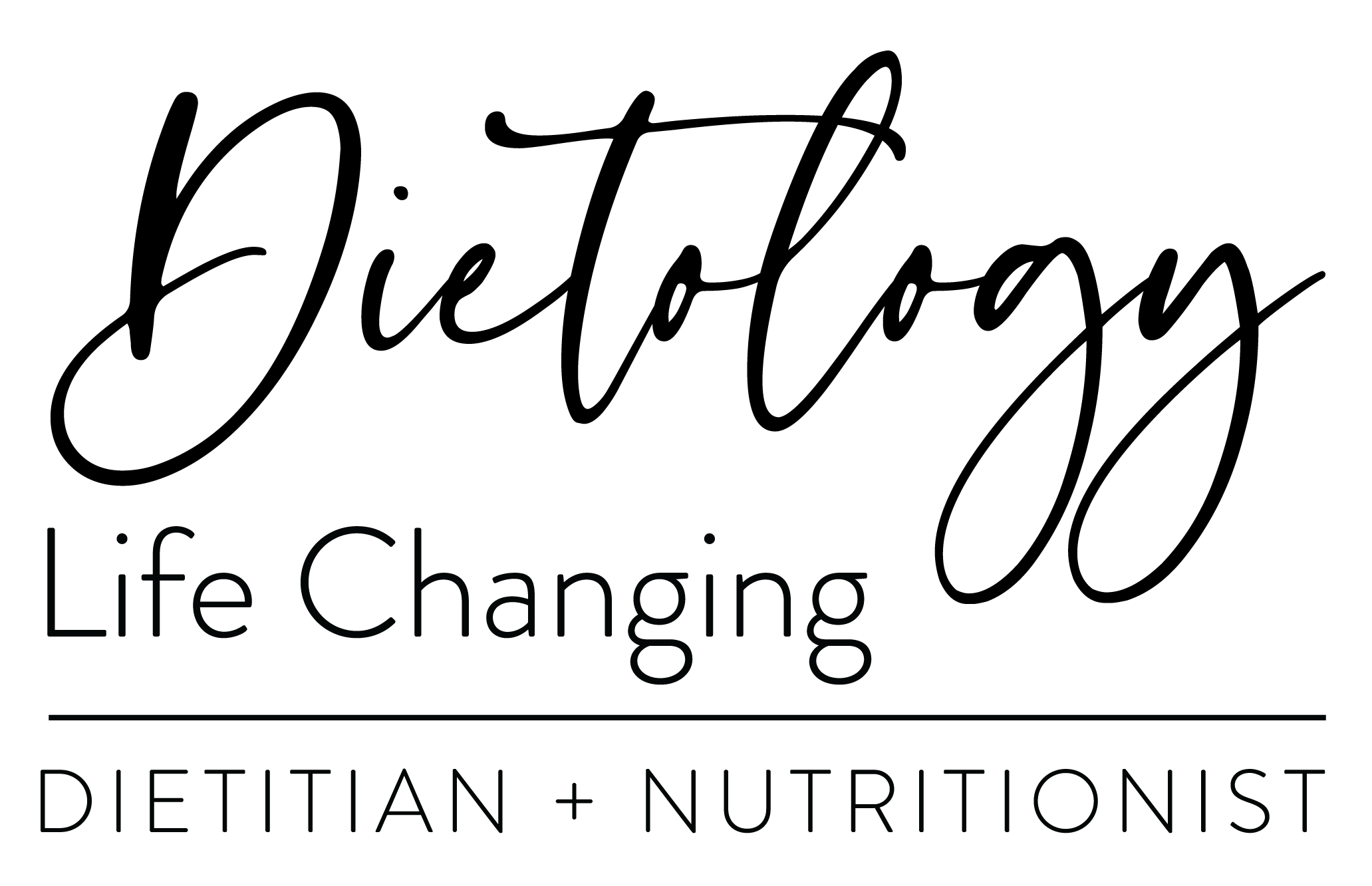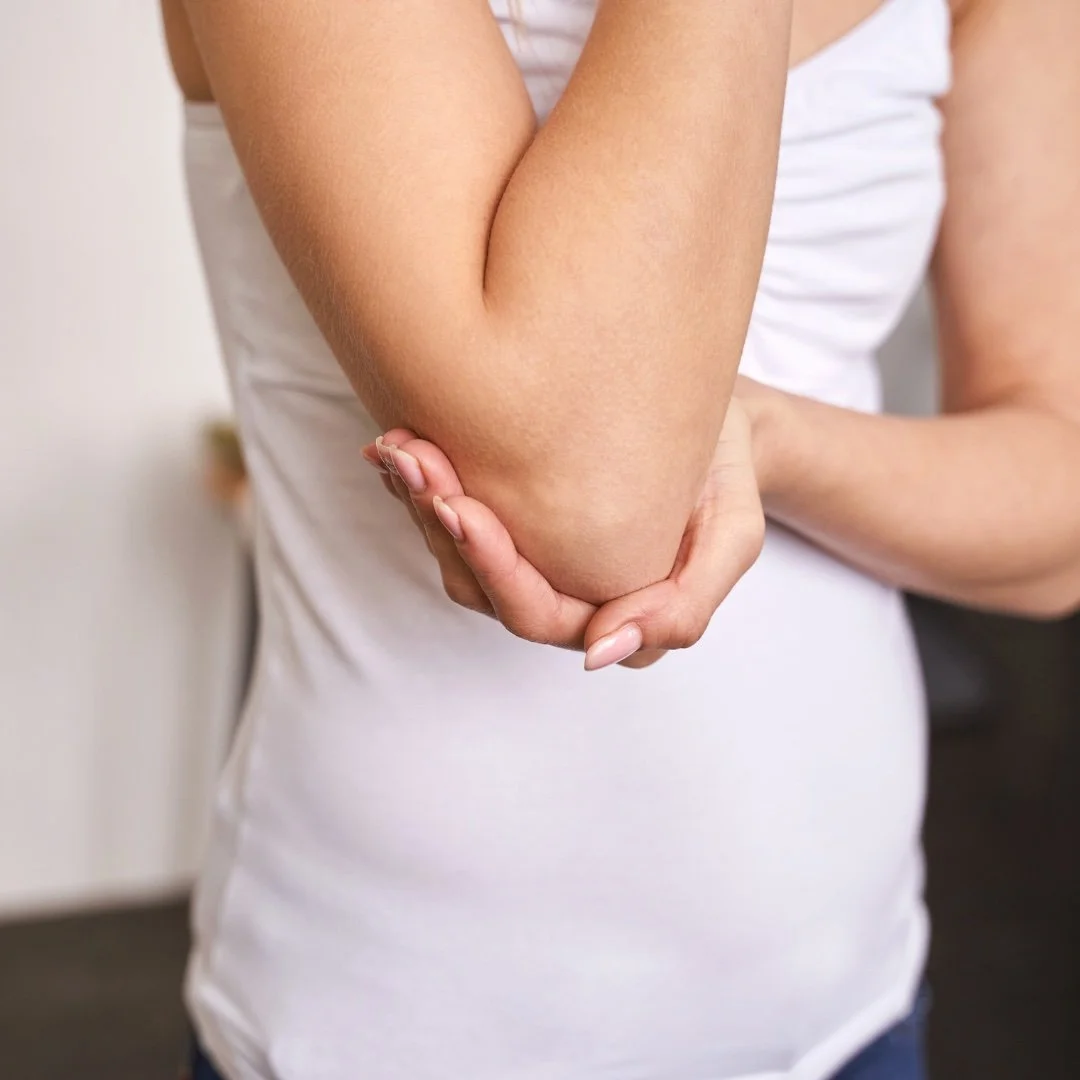Thyroid Conditions and Bone Health
Osteoperosis
Did you know that osteoperosis (brittle bones) is more common in people with thyroid conditions?
This is because, an overactive thyroid (hyperthyroidism) or an underactive thyroid (hypothyroidism), can affect bone turnover.
What is bone turnover?
Bone turnover is the process of bone being continually broken down and replaced.
This process needs to be balanced to keep bones healthy and is affected by many factors in the body, including the thyroid hormone thyroxine, which is produced by the thyroid gland.
Thyroxine and bone health
Too much thyroxine in your body speeds up bone turnover. If this is done too fast, then the new bone produced may not be able to keep up with the amount broken down and leads to brittle or soft bones - osteoporosis.
This is even more so if you have been diagnosed with Hashimotos thyroiditis, because fatigue tends to be one of the most common symptoms experienced.
What is hyperthyroidism?
An over-active thyroid (hyperthyroidism) - is when the thyroid gland produces too much thyroxine, which speeds up bone turnover. If not treated and thyroxine levels remain elevated for a long time, there is increased risk of osteoporosis.
What is hypothyroidism?
An under-active thyroid (hypothyroidism) - is when the thyroid gland does not produce enough thyroid hormone.
Usually, medication such as levothyroxine is required to treat hypothyroidism, the dose needs to be managed and monitored so that it is stable and within range. If the dose is too high, over time, bone turnover will be increased, and bone loss will occur.
It is important to have your thyroxine levels checked regularly, to make sure they are within range.
Does menopause increase the risk of osteoperosis?
If you have been through menopause, you are at higher risk of developing osteoporosis.
Does thyroid disease increase the risk of osteoperosis?
If you also have thyroid disease, you are at higher risk of developing osteoporosis.
What can be done to manage bone health?
Nutrition, exercise, and lifestyle are important combinations in maintaining the health of your bones.

